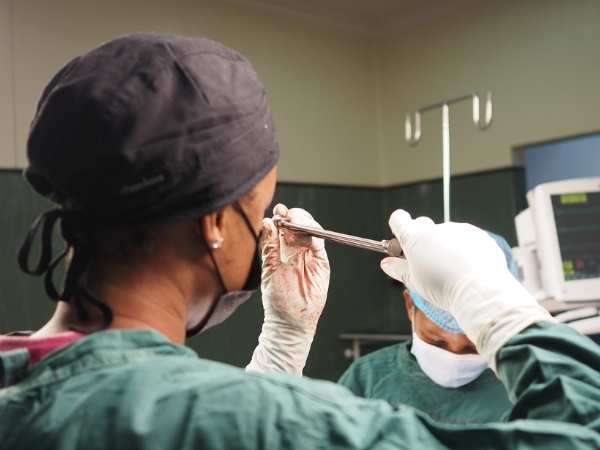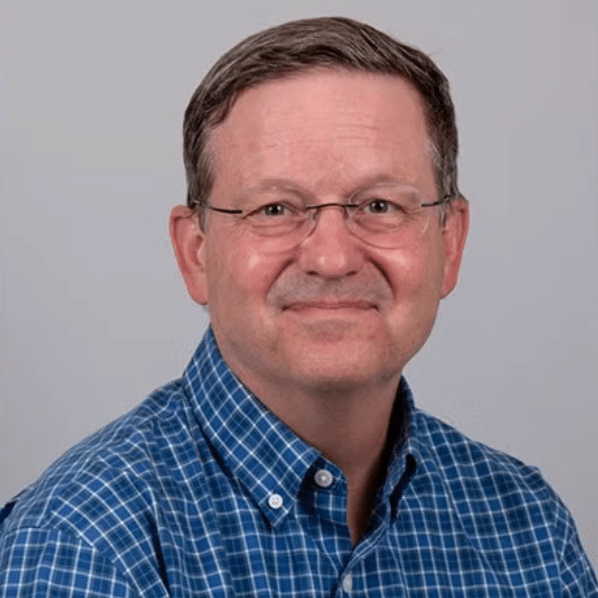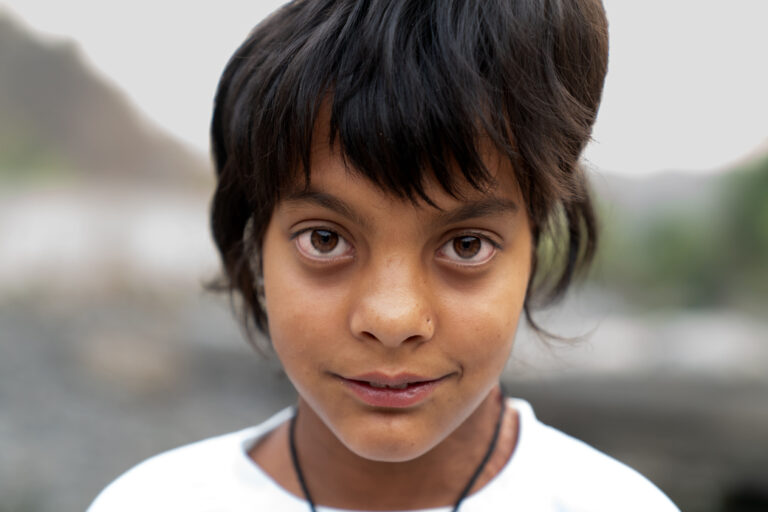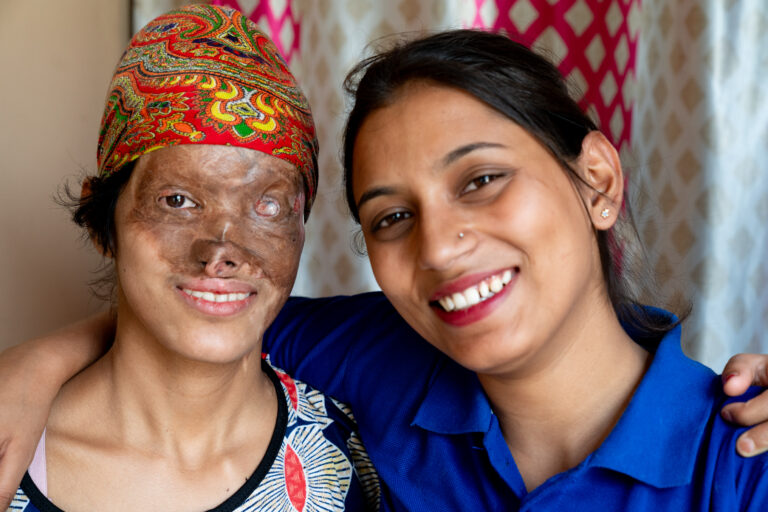What is the difference between the curriculum accessible to residents at Stanford Medicine’s Division of Plastic and Reconstructive Surgery and residents living in Eastern, Central, and Southern Africa? Less than you would think, thanks to an exciting new ReSurge initiative to bring equity, access, and localization to reconstructive surgical training across Sub-Saharan Africa.
This project has the potential to have a massive and long-term ripple effect throughout the region. What’s on the table is a complete ReSurge supported and localized global reconstructive surgery curriculum for our African partners and all reconstructive surgery trainees across 14 different African countries.
Dr. Lawrence Cai, ReSurge’s current Laub Fellow and reconstructive surgery resident at Stanford Medical School, is spearheading this project along with ReSurge Consulting Medical Officer and Chief of Stanford’s Plastic and Reconstructive Surgery Division, Dr. James Chang.
We caught up with Dr. Lawrence Cai to learn more about the roots, evolution, and upcoming launch of this project. Take it away Dr. Cai!
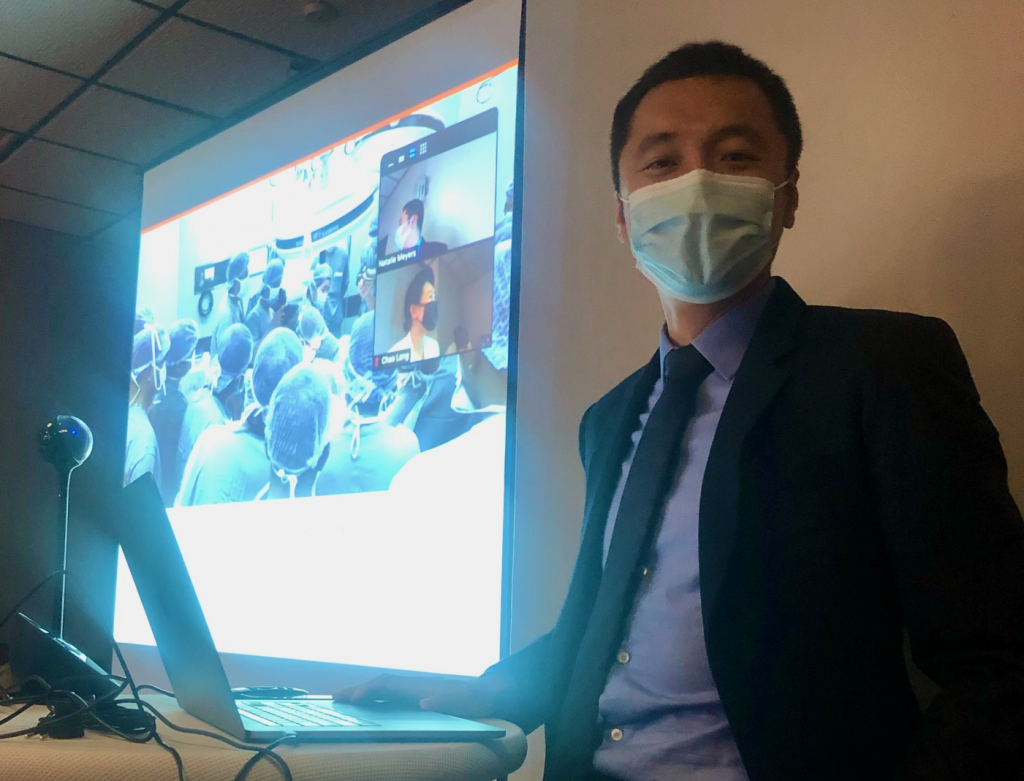
Sub-Saharan Africa has the most acute shortage of reconstructive surgical care in the world with only one reconstructive surgeon for every 10 million people. To confront this deficit, the ReSurge International Program in Africa (RIPA) provides training, curriculum development, scholarships, regional study exchanges, exam and membership fees, and eLearning centers for places of study. We conduct this work as collaborators and proud partners with the College of Surgeons of East, Central, and Southern Africa (COSECSA).
In early 2021, team members from ReSurge, COSECSA, and the Royal College of Surgeons of Ireland met to discuss the unmet needs for reconstructive surgery trainees in Africa and how our groups could address those needs. One of the identified needs was a core reconstructive surgery curriculum that was specific for low- and middle-income countries and included local discussion cases from Africa. From that collaborative meeting, we set an ambitious goal:
To set up COSECSA’s first-ever comprehensive reconstructive surgery curriculum and lecture series.
Our work on the first comprehensive online reconstructive surgery curriculum is now nearing completion, and we aim to have all of the materials ready for the next generation of COSECSA trainees by the Fall of 2022. At which point every reconstructive surgical trainee across the 14 COSECSA countries will be using a ReSurge supported curriculum. Stay tuned for more updates as the curriculum launches.
The vision for this curriculum was that it could serve as the foundational didactic material for a reconstructive surgery trainee, upon which he or she would then continue to build clinical expertise through time in the wards and the operating theater.
To identify the critical topics that make up the foundation of reconstructive surgery, we turned to several seminal reconstructive surgery textbooks across a range of levels, as well as the contents of Stanford’s annual board exam review course and the American Council of Academic Plastic Surgeons (the group that writes the annual in-service exams for the residents). From these sources, we looked for topics that consistently appeared at all levels. Ultimately, we identified a total of 26 topics that cover the entire head-to-toe spectrum of reconstructive surgery, ranging from cleft lip repairs to peripheral nerve injuries.
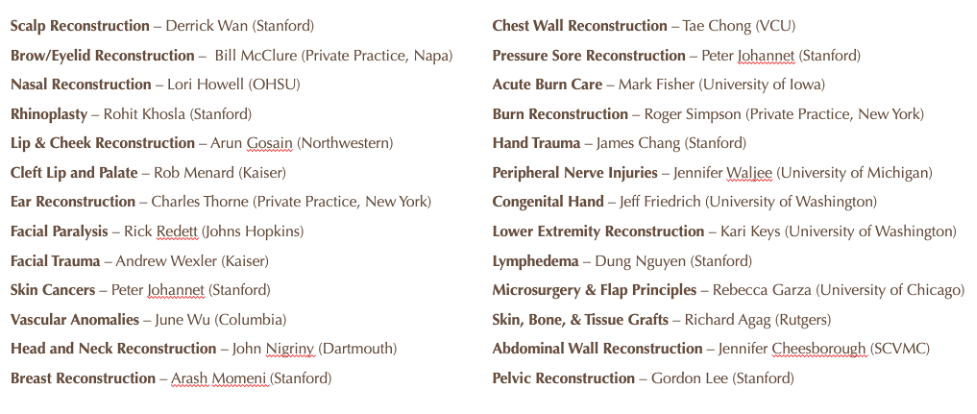
With these topics in hand, we then partnered with reconstructive surgeons from top US-based universities and private practices to create online lecture modules. Each module consists of a content-expert reconstructive surgeon narrating a 60-90 minute lecture that serves as a primer on the subject and includes material on the relevant surgical anatomy, common injury patterns, and key reconstructive techniques, as well as test questions to assess comprehension.
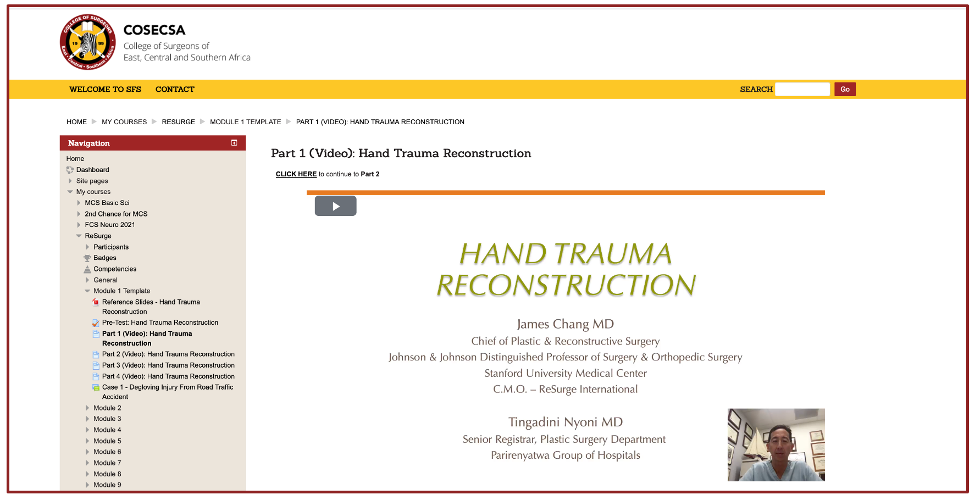
In November, we had the opportunity to travel to Zimbabwe, our first time in the field since the start of the pandemic. Following the COSECSA reconstructive surgery oral exams, ReSurge hosted the COSECSA Program Directors’ Meeting. At that meeting, we had a chance to share the framework of the curriculum with the program directors who would ultimately be using these modules with their trainees. We were thrilled at the positive feedback on the early progress of the work and the enthusiastic engagement from all of the program directors to help add to the content. We also gained incredibly valuable feedback on additional areas of reconstructive surgery that were not included in the initial list of modules—such as tropical diseases pathologies, management of surgical infections, and research skills—that will be included in a 2.0 version of this curriculum.
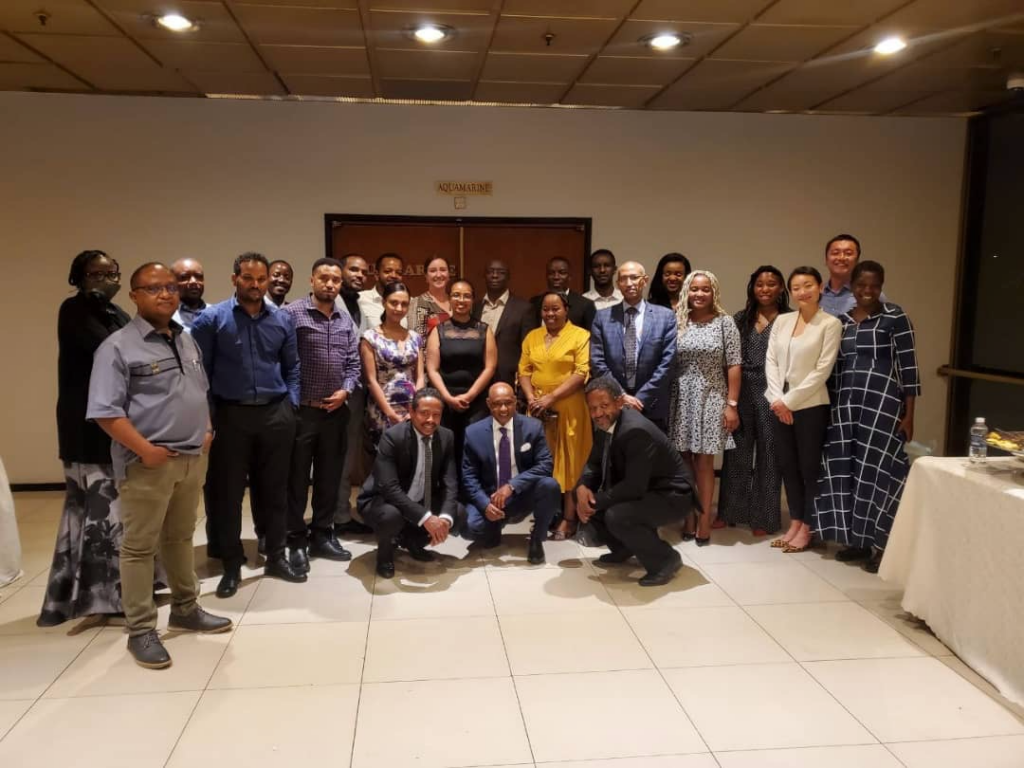
One of the goals that was identified at the inception of this project was to create content that is specific to the Africa training context. It was critical to include examples of local reconstructive surgery patients. To that end, the program directors were also invited to draw upon their own surgical experience and contribute sample cases from their clinical practice. As the lecturers wrap up their modules, our work is now shifting towards collecting these local cases and preparing the modules to be released online.
Our work on the first comprehensive online reconstructive surgery curriculum is now nearing completion, and we aim to have all of the materials ready for the next generation of COSECSA trainees by the Fall of 2022. At which point every reconstructive surgical trainee across the 14 COSECSA countries will be using a ReSurge supported curriculum. Stay tuned for more updates as the curriculum launches.

